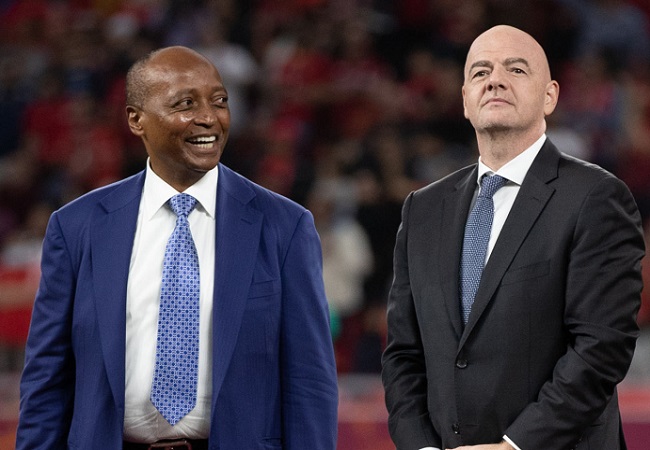Since Fifa took control over Caf in 2019, the confederation's economy has collapsed. Now they are on the verge of bankruptcy.
By Philippe Auclair
In November 2019, obeying orders from Fifa, Caf abruptly put an end to the 1 billion US dollars contract they'd signed with media rights giant Lagardère, which was meant to be the confederation's main source of income for the decade to come.
The consequences of that cancellation have been catastrophic for Caf, as its new audited accounts, to which Josimar has had access, show in shocking detail. Drawing from its fast-disappearing cash reserves, with a diminishing income, yet spending more than it ever has, Patrice Motsepe's Caf is all but bankrupt.
Of all of the decisions which the Confederation of African football (Caf) took since Fifa effectively took control of its affairs for good three years ago, none has caused more controversy – and arguably more harm – than its abrupt termination of the media rights contract it had signed with French sports and entertainment giant Lagardère in 2016. Fifa secretary general Fatma Samoura, seconded by some of Gianni Infantino's closest advisors, had become the de facto regent of African football in August 2019. Three months later, that deal was dead; or, rather, it was killed.
This contract, worth 1.02 billion US dollars over a twelve-year period, was the brainchild of Caf's former president Issa Hayatou and was intended to provide the Confederation with a rock-solid financial foundation until 2028. Instead, with no warning, Hayatou's successor Ahmad Ahmad brought this partnership to an e...



